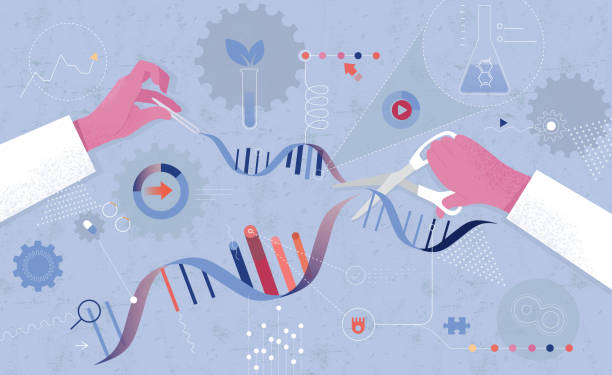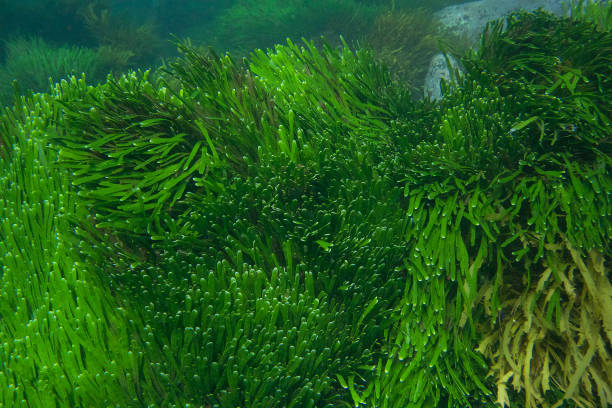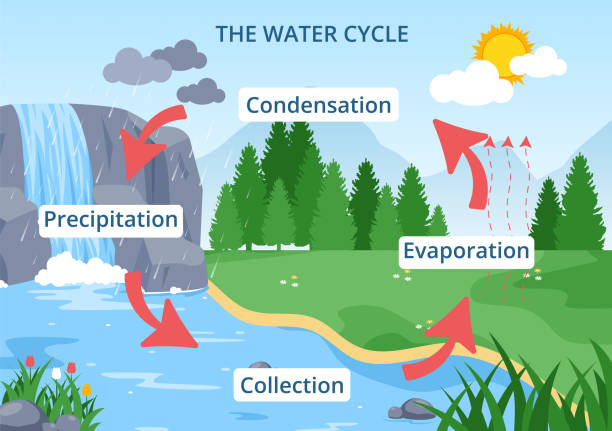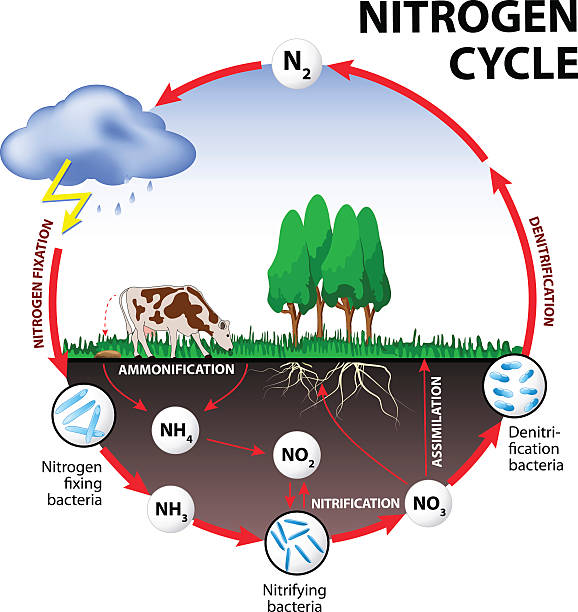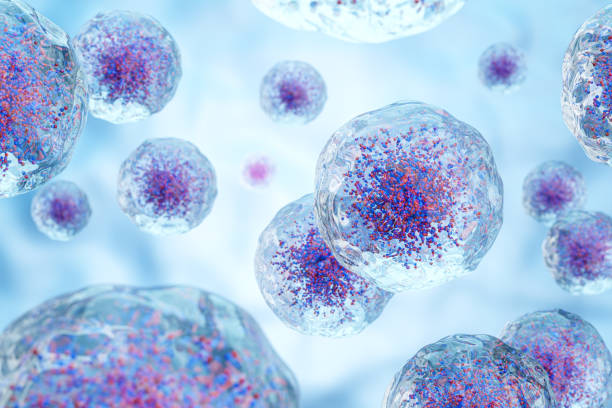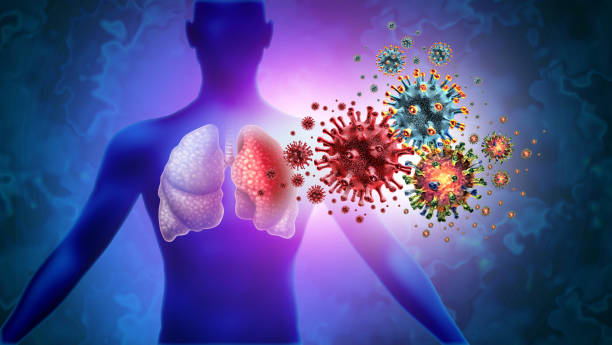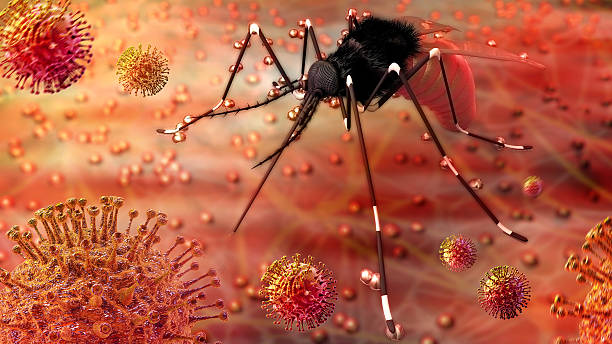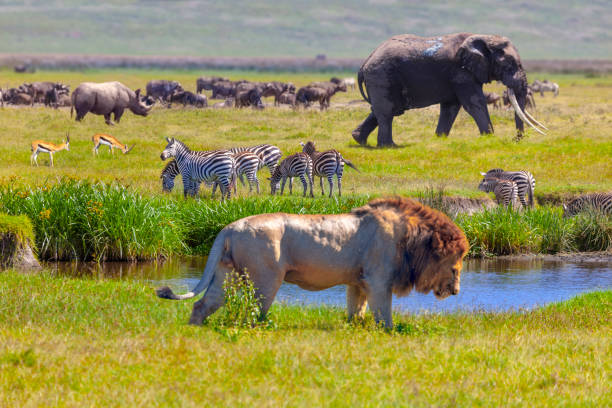What are Essential Amino Acids?
Essential Amino Acids: Essential amino acids are a group of nine amino acids that the human body cannot produce on its own, so they must be obtained from the diet. These amino acids are essential for various physiological functions, including protein synthesis, metabolic processes, and tissue repair and growth. They include histidine, isoleucine, leucine, lysine, … Read more

